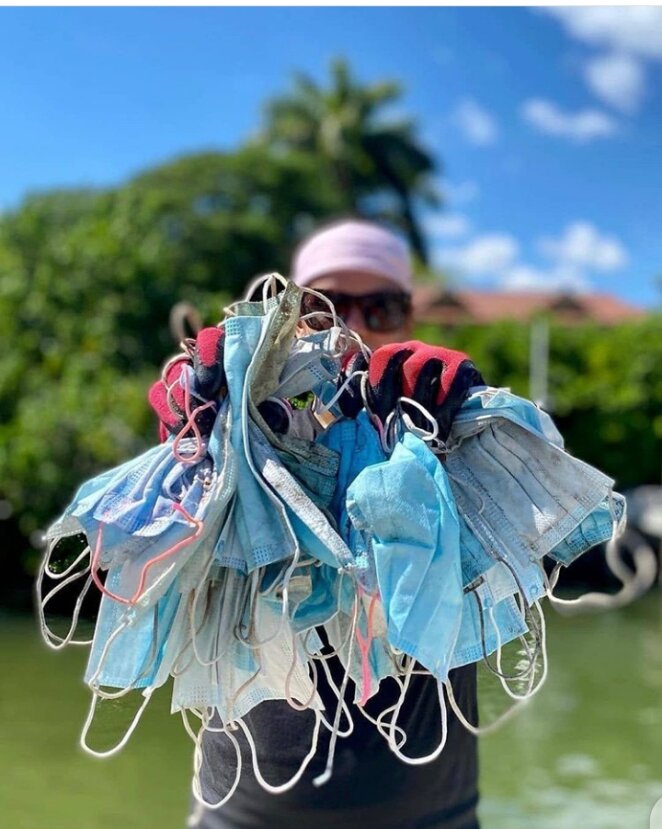How To Develop Business Resiliency During The COVID-19 Pandemic
In a June virtual conference on “Resiliency of Business Owners,” panelists from both the United States and Africa discussed the importance of business resiliency, particularly amid the COVID-19 pandemic, and answered questions from viewers, many of whom are small-business entrepreneurs.
William Warshauer, president and chief executive of the nonprofit TechnoServe, underlined that everyone across the globe has experienced the effects of this devastating pandemic, which in turn creates an immensely difficult challenge for businesses and their owners. He said the pandemic is having a devastating effect on businesses around the world, particularly on small and medium-sized businesses, and that we must attempt to navigate this “new normal” for businesses and consumers.
Caroline Gathi, representing the Organization of Women in International Trade, underscored the importance of empowering women to transform their communities through global trade by improving access to markets and finance and providing mentorship, with the ultimate goal of creating business leadership among women.
These sentiments were shared by Kyle McCarter, the U.S. ambassador to Kenya. ”Everyone has experienced the pandemic, and it has been a difficult time for both businesses and their owners. Together, we will find a way to adapt and to overcome this challenge,” McCarter said.
To address these concerns, Warshauer and Gathi put forward the following recommendations for small-business owners and entrepreneurs.
What to Do to Encourage Business Survival During the COVID-19 Pandemic
Build A Mindset of Survival
Because of the pandemic, the international business community has faced several problems, notably the inconsistencies within supply chains. This clear global lack of certainty does not lend itself to a stable environment for business development and growth. It is important to build a mindset of survival instead of prosperity by potentially revisiting the business model to identify new channels and approaches that your business can take during the pandemic.
Reshape Your Business
You can take various steps to avoid economic losses during the pandemic, such as reshaping your business as a safe place to shop by improving cleaning processes and providing hand sanitizers. Consumers will feel more comfortable entering a business if they know the owner holds both store cleanliness and customer safety in high regard.
Remain Flexible
Warshauer also emphasizes the importance of remaining attentive and flexible toward emerging trends as the globe begins to settle into the new status quo. Digital business models and e-commerce are continually encouraged, particularly now that many of these methods have been improved and streamlined due to the need for electronic communication, and remote work is likely to continue in various forms. Also, the development of local supply chains, as a result of the unreliability of international supply chains, has become more important. Many businesses are looking within local spheres to provide products, which boosts the local economy and fosters economic growth.
It is a difficult task to navigate the COVID-19 pandemic as a business owner, as trade is unreliable, customers are less likely to visit in person, and there is a lack of demand for products; however, it is possible that by following these recommendations, you and your business can become resilient and flexible as the world begins to recover and rebuild.
For more information on how to sustain your business during the COVID-19 pandemic, check out the Serves Business Analysis Workbook. This workbook will help you identify the strengths, weaknesses, opportunities, and threats surrounding your business and how best to prepare for them.
Interested in learning more about building resiliency? Learn how you can serve your community and your business visit our Leadership Center Page.
The views and opinions expressed here belong to the panelists and do not necessarily reflect those of The Youth Cafe.


